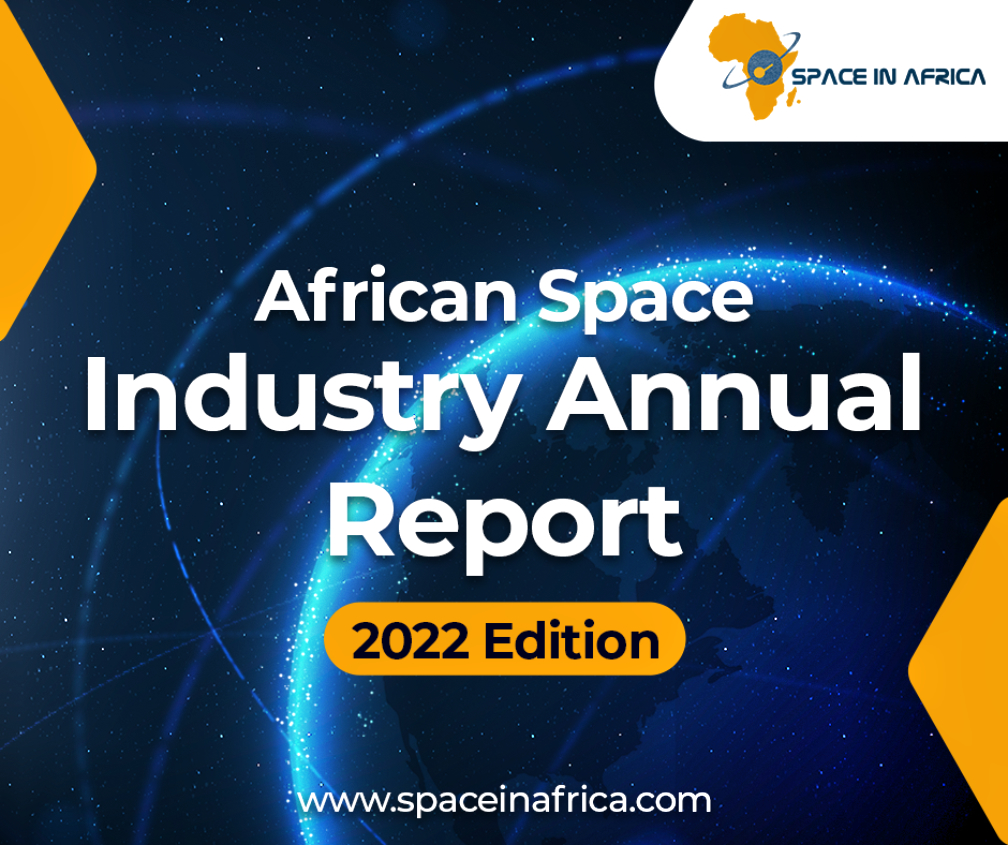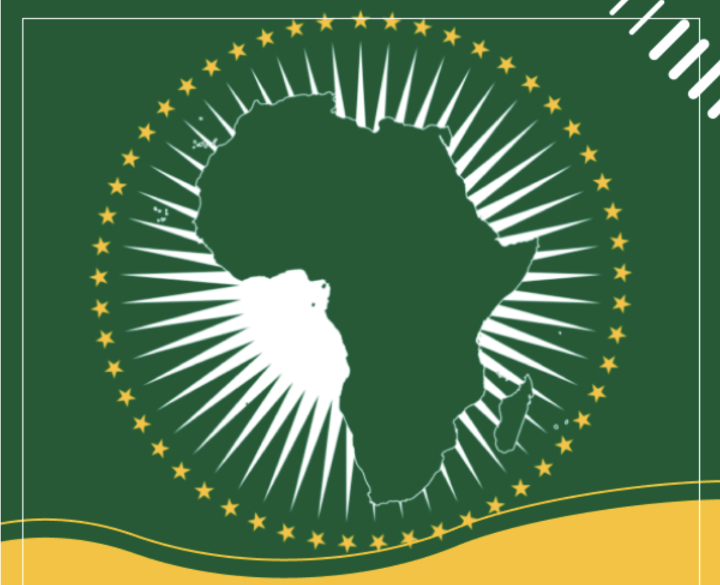
According to the latest Space in Africa industry report, the African space economy in 2021 is valued at $19.49 billion and is projected to grow 16.16% to $22.64 billion by 2026 — the industry employs over 19,000 people across the continent, with the government being the highest employer in the industry and employing more than 11,000 staff.
African nations allocated a total of $534.9 million for the operation of their respective space programs in 2022, a 2.24% increase from the revised $523.2 million in 2021. Satellite communication is expected to play an essential part in bridging the connectivity gap in Africa, while GNSS services and the satellite TV segment remain the most significant contributors to the African space economy.
As of 2022, 13 African nations have manufactured 48 satellites. There is a paradigm shift from large to smallsats in Africa, primarily due to lower entry barriers — 272 New Space companies are charting the course of space democratization on the continent.

The African space economy keeps growing at a rate beyond Africa’s GDP growth rates and becoming a strategic tool for boosting the national economy and contributing toward achieving the Sustainable Development Goals (SDGs) in Africa.
Increasing financial investment from governments African nations allocated $534.9 million to national space programs in 2022. This amount marked a 2.24% increase from the revised $523.3 million in 2021. National budgets consistently contribute to the industry valuation annually, and governments’ contributions increased by 80.83% in 2021, from the revised $289.33 million in 2019 to $523.2 million.
Many African countries are also improving on their space application goals as different national priorities span space democratization, propulsion and launch technology developments, human capacity developments, and local and international space partnerships, among others.
The growing satellite communication market
The satellite communication market, which includes Fixed Satellite Services (FSS), Mobile Satellite Services (MSS), and Satellite TV (satTV) services, accounts for a major share of the African space and satellite industry valuation in 2021. A considerable share of this revenue comes from the African satellite TV market, with major satellite tv operators such as DSTV, Canal+ Afrique and StarTimes dominating the market’s revenue generation, subscriber base and the number of countries served.
Struggling satellite component manufacturing segment
The downward trend within the satellite component manufacturing segment is attributed to the reduction in revenues of some companies, several companies shutting down, while some are still working on marketing their first products and, as such, have not been generating revenues. In general, the satellite manufacturing segment (that comprises satellite systems and components, satellite manufacturing and launch and propulsion systems). With more companies growing their market base and several others generating income from the sale of the new [and improved production line], satellite manufacturing is expected to grow in the coming years.
Booming remote sensing and EO segment
The downstream segment is playing an essential role in driving the market. The EO data reselling, EO and geospatial training/certification courses, scalable geospatial and remote sensing solutions, and precision agriculture solutions and services are the top demand within the EO segment that present investment opportunities to the foreign commercial players.
Growing ground segment market
The ground segment market has massive potential in the African space industry. This industry segment estimates the value of developed satellite ground stations and the astronomy infrastructures installed, including telescopes and other astronomy equipment, in 2021. Many African countries want to develop and launch satellites in the next five years. Since nearly all missions, including commercial, military or scientific payloads, use space ground systems for launch and on-orbit operations, the ground segment is expected to boost the African space market.
Increasing demand for small satellites
There has been a paradigm shift from large to smallsats, primarily due to the high cost of manufacturing large satellites and their long development time. The possibilities for smallsats are endless, with several applications being explored to have a tangible impact and directly translate to socioeconomic and environmental development in Africa. These innovative small satellite applications include the Internet of Things (IoT), weather forecasting and early warning systems, crop and livestock monitoring for agricultural purposes, etc.
Flourishing New Space industry
In 2022, Space in Africa estimates that 272 New Space companies are charting the course of space democratization on the continent. These companies, domiciled across 31 African states, are innovating novel methods of leveraging space technologies [and its derived data] to develop cutting-edge technologies and solutions across several fields, including manufacturing, medicine, transportation and logistics, and much more.
These companies provide goods or services primarily to other private sector entities (B2B) and/or consumers (B2C), and sometimes, the government. Furthermore, in most African regions, private companies leverage space systems and infrastructures built by the government and/or foreign organizations to provide niched solutions/services, including decision-ready datasets, satellite and component manufacturing, and satellite communication services (e.g. internet services, DTH Tv, satellite radio, among other).
Increased investment in human capital development
Human capacity development is the bedrock of Africa’s space ecosystem development and has prompted considerable investment from several African public and private actors. The long-term goal of any capacity development program is to bring about a more robust national space ecosystem in African countries.
However, the current landscape of the African space industry shows a lack of skilled human resources across all space industry sectors, making it difficult to take advantage of several technological advancements. Also, the lack of infrastructure at different levels of the education sector to support human resource development has slowed the progress across the continent.
The continent is beginning to witness slow but consistent growth, especially with improved investment from all space actors, to enhance the education and training of experts, creating the required testing and building infrastructure, enabling the environment to foster international cooperation and the necessary legal and regulatory frameworks. To this end, several capacity development initiatives have been organized to proffer solutions to the industry’s human capital gap and establish a sustainable talent pipeline to meet future skills needs.
The 2022 edition of the Africa Space Industry Annual Report is published by Space in Africa, the authority on news, data and market analysis for the African space and satellite industry. The report presents data and analyses on projects, deals, partnerships, and investments across the continent and also analyzes the growing demand for space technologies and data on the continents, the business opportunities it offers and the necessary regulatory environment in the various countries.
Space in Africa is 100% dedicated to analytics and consulting activities in the space sector, serving both the institutional and commercial markets with a particular focus on Africa. Space in Africa’s experience builds on a long track of past projects for international organisations, national governments, and commercial players, with high stakes in the space business. Headquartered in Lagos, Nigeria, with a European office in Tallinn, Estonia, Space in Africa’s practice cuts across all countries in Africa. This large international network allows Space in Africa to grasp local and regional specificities of the space industry and economy and facilitate access to relevant stakeholders from specific geographical areas to increase the quality of market assessment & forecast, benchmark exercises, competitive landscape assessments or market dynamics characterization. Space in Africa’s proprietary, research-based business and market analysis predict critical outcomes in what happens next in the industry and the opportunities available. Space in Africa believes it is time for a commercial space ecosystem in Africa and their data-driven analysis, free of vested interests and pre-conceptions, is helping to shape the ecosystem by making available accurate information critical for the change.
